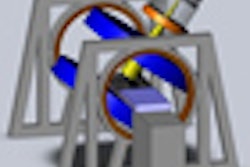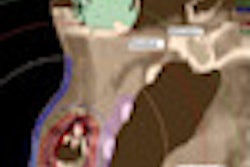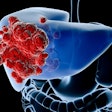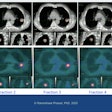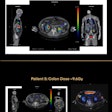When used as a rinse, doxepin, a tricyclic antidepressant, reduces oral mucositis pain in patients who receive radiation therapy (RT) for head and neck cancer, according to research from the Mayo Clinic presented at the recent American Society for Radiation Oncology (ASTRO) annual meeting.
The rinse significantly decreased pain from mouth sores, a debilitating side effect caused by radiation, the researchers concluded.
The results of the multi-institutional, phase III trial represent a new standard of care for treating oral mucositis, Dr. Robert C. Miller, the study's principal investigator and a radiation oncologist at the Mayo Clinic in Rochester, MN, said in a statement.
The randomized, double-blind, placebo-controlled trial was conducted through the Alliance for Clinical Trials in Oncology. The researchers evaluated 155 patients who underwent radiotherapy for head and neck cancer between December 2010 and May 2012.
Patients received a single blinded dose of doxepin (25 mg in 5 mL of water) or placebo on day 1 and crossed over to the opposite study arm on a subsequent day.
They reported pain associated with oral mucositis on a pain questionnaire that was administered at baseline and then at five, 15, 30, 60, 120, and 240 minutes after rinsing.
Patients could continue doxepin treatment after the study, and 64% elected to do so. The doxepin rinse was well tolerated; however, side effects did include stinging, burning, unpleasant taste, and drowsiness.
"Our study validates doxepin rinse as an effective way to alleviate oral pain and sets a new standard of care," Miller concluded.





